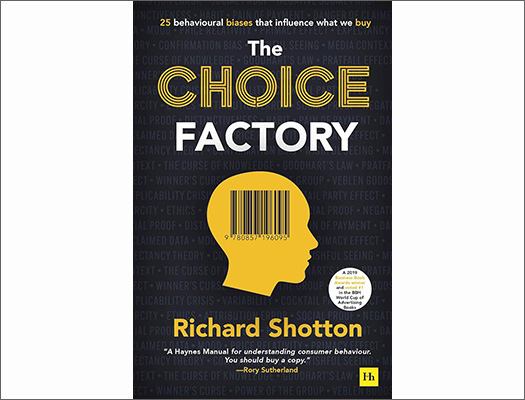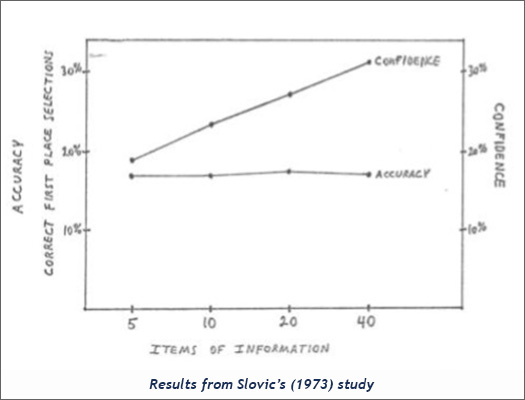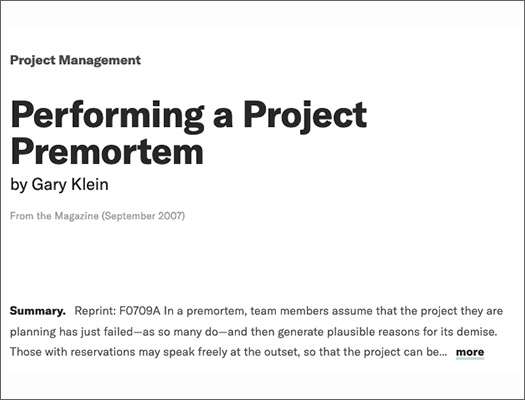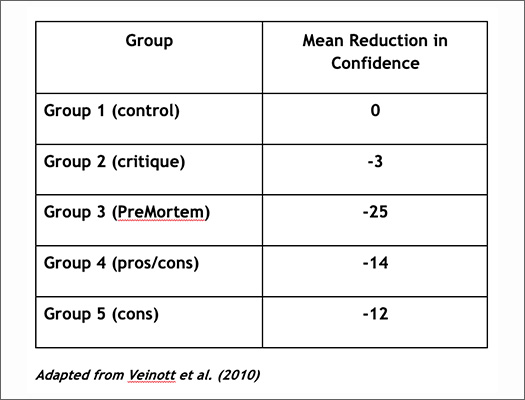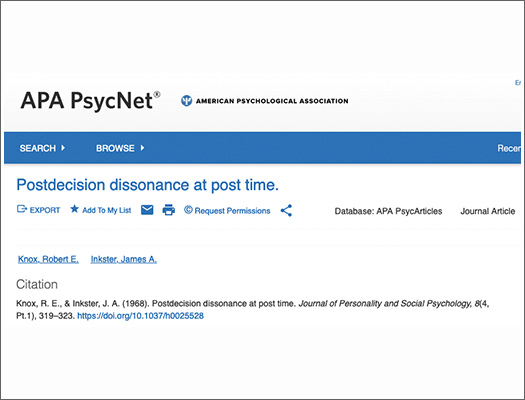Episode Highlights
Slovic Study
Psychologist Paul Slovic gathered a group of seasoned horse racing bettors to see how well they could predict the outcome of 40 horse races conducted over four rounds. The participants received any five pieces of information that they wanted on each horse, including things like age, fastest speed, and the jockey’s experience or weight. Each handicapper was then asked to both predict the winner of the race and their confidence in that outcome. However, the increased availability of data did not impact their accuracy. At the same time, their confidence nearly doubled, to 34%.
Gary Klein and Premortems
Unlike a typical critiquing session, in which project team members are asked what might go wrong with a project, a premortem operates on the assumption that something did go wrong. The team members’ task is to generate plausible reasons for the project’s failure. Psychologist Gary Klein ran a study using this technique and found that overconfidence in outcomes dropped by 25% when doing a premortem.
Robert Knox Study
Psychologist Robert Knox ran a study where he surveyed race bettors asking about their confidence levels before and after they placed their bets. His study found that bettors who were asked how confident they were about their bets after they placed them were 38% more confident than those that were asked before they placed them. He hypothesized that rather than attitude influencing behavior, behavior would impact attitude.
Resources & Useful Links
Want to dig deeper on the idea of social proof and the intention of actions gap? Here are some
additional resources that show how to make your brand more popular with consumers and the
importance of combining motivation with triggers to convert intention into action.

